History and heritage have the power to connect, heal and strengthen our communities in challenging times and during the coronavirus pandemic, this program is going online.
Like so many other events, the live tour of the Great Famine Voices Roadshow has been postponed due to the spread of COVID-19. The spirit of the mission remains strong, and the organizers are presenting a series of online programs that will be available to view at home.
“Famine Heroes,” created by the National Famine Museum at Strokestown Park and the Irish Heritage Trust, is a virtual series of documentaries, conversations, and lectures with noted historians set to begin on Sunday, April 19. Six additional programs are scheduled to run throughout April and May.
Read more: "Buried silently and sadly" - The Irish Famine dead of 1847
Famine Heroes is funded by the Government of Ireland Emigrant Support Program.
Famine Heroes features uplifting stories about coping with epidemics and pays special tribute to caregivers in the mid-19th century and today.
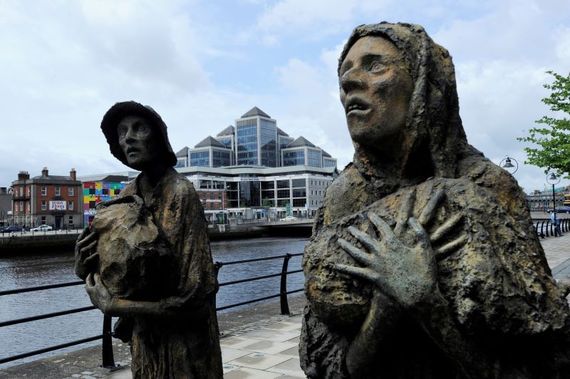
The Famine Memorial, by Rowan Gillespie, on the River Liffey Quays in Dublin.
“We are excited to be working with our partners from Ireland’s Great Hunger Institute at Quinnipiac University, the University of Toronto, and the University of Liverpool to bring the Great Famine Voices online for our 2020 season,” said Carolin Callery, a director of the Irish Heritage Trust.
“We focus on Famine Heroes to honor those who risked their lives caring for the most vulnerable, in the mid-19th century and those who do likewise today,” added Callery. “We feel a special responsibility to provide virtual outreach to people experiencing isolation and offer a message of reassurance.”
Famine Heroes is a partnership between scholars of the Famine and a production team of the highest caliber. Dr. Jason King of the Irish Heritage Trust says, “We are very fortunate that our first program was created by experts on the Great Hunger working with highly experienced filmmakers.”
Professor Christine Kinealy and Professor Rebecca Abbott at Quinnipiac University won an Emmy Award for Ireland’s Great Hunger and the Irish Diaspora, narrated by actor and Ireland’s cultural ambassador Gabriel Byrne.
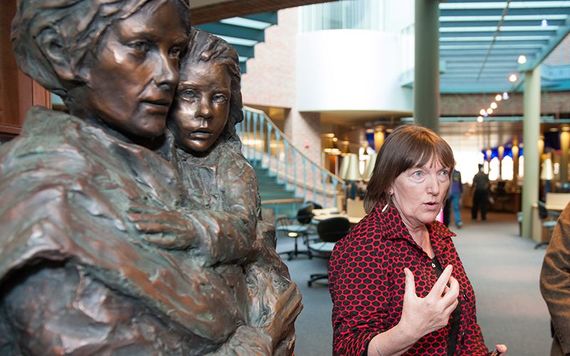
Professor Christine Kinealy, director of Ireland's Great Hunger Institute, Quinnipiac University.
The series strikes at the heart of the epidemic response. “I think in many ways when we look at where we are now, it is very helpful to be inspired by those who served so well, particularly during the Irish Famine migration of 1847 and that typhus epidemic, which today could be conquered by a simple antibiotic,” claimed Professor Mark McGowan from the University of Toronto. “I remain confident. I remain inspired, and I think these films will inspire you.”
All are invited to meet the experts and filmmakers for a post-show discussion of the documentary Ireland’s Great Hunger and the Irish Diaspora. It is suggested that you view the 50-minute documentary before the Zoom meeting, then join online on Sunday, April 19 at 2 p.m. EST to learn more about these Famine Heroes.
View the documentary beforehand at GreatFamineVoices.ie/famine-heroes.
To register to join the Zoom program contact Dr. Jason King at [email protected]. After registration, a confirmation e-mail will be sent with instructions on how to participate using Zoom. For the best user experience, the organizers recommend downloading the Zoom app in advance.
The Famine Heroes programs can be viewed at any time after each program here - GreatFamineVoices.ie/famine-heroes.
Read more: USS Jamestown sent to Ireland on a famine-relief mission
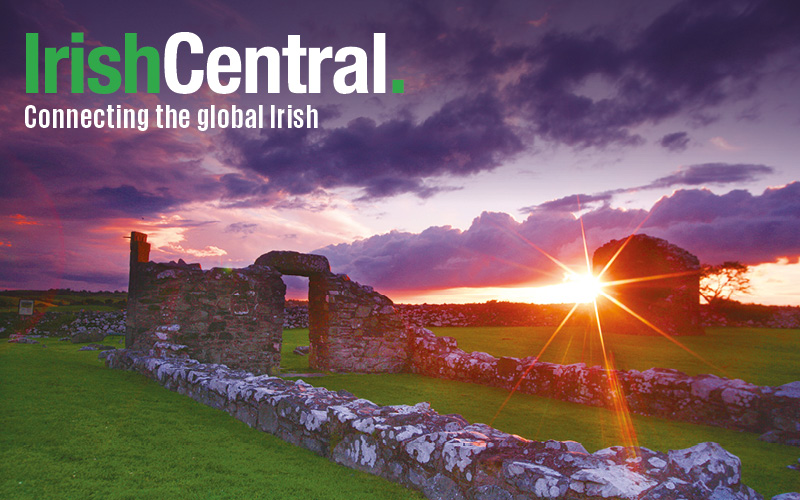

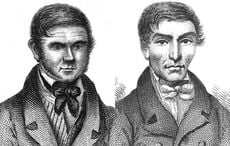
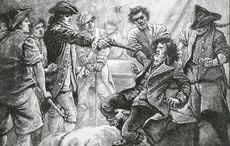
Comments